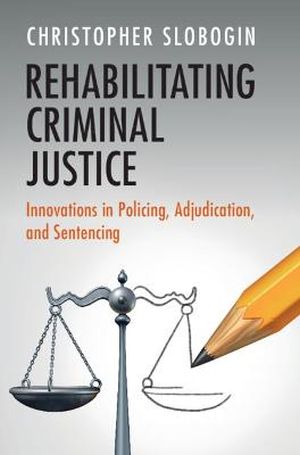We are now closed for the Christmas and New Year period, returning on Monday 5th January 2026. Orders placed during this time will be processed upon our return on 5th January.

Rehabilitating Criminal Justice offers bold yet sensible proposals for reforming every major component of the US criminal justice system. The first third of the book explains how existing caselaw can be interpreted to end over-policing, better regulate interrogations, and replace the exclusionary rule with direct sanctions on officers and their departments. The second part of the book, on the post-arrest adjudication process, calls for replacing cash bail with validated risk assessments and proposes to reorient our error-prone, hyper-adversarial system by ending convictions via guilty pleas and giving judges more power over questioning of witnesses and the selection of experts. The final chapters show how the harshness of the system can be leavened by refocusing sentencing on prevention rather than retribution and by creating an independent criminal court system. They also explain why these reforms are preferable to the currently popular movement to defund police departments and abolish prisons.